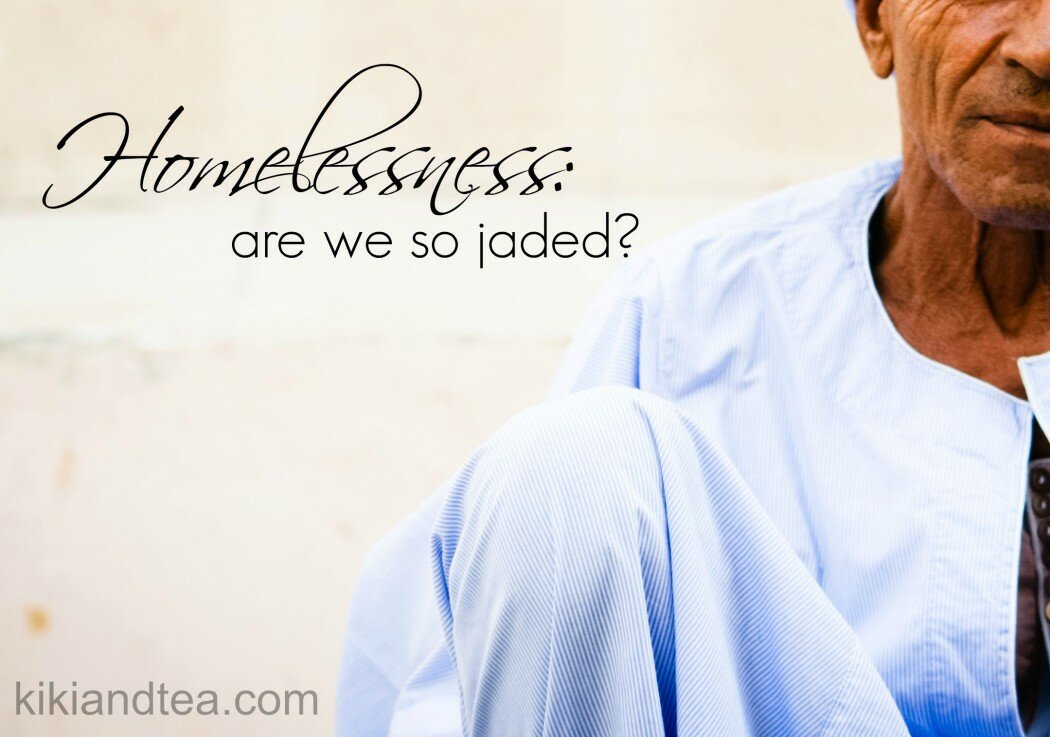How do we solve the homelessness problem? What do we believe is the cause? Is the rate of homelessness increasing?
Recently I completed a survey on a government website regarding attitudes to homelessness and realised I could only pick one answer from the options available.
What is the leading cause of homelessness?
How am I to pick between drug and alcohol, mental illness, and domestic/family violence? I assume all those factors are pretty high on the causation scale. I certainly don’t believe people become homeless due to a single reason.
How do people get out of homelessness?
Get a job, find somewhere to stay, they can’t… Somewhere in between? It seems so difficult for people to break the cycle.
I don’t pretend to know the answers but in completing this survey it became pretty clear where my values sat in terms of blaming the person for their situation.
And, yet, I haven’t generally given money to homeless people except in exceptional circumstances.
Why?
A little bit of fear – I don’t know how they will react. A bit of suspicion and uncertainty and, let’s be honest, a whole lot of jaded.
Do I believe the majority of homeless people are there by choice? No! But somewhere along the time I seem to have a little voice that says “They’re ripping you off”. I seem to have learnt to be inherently suspicious of anyone asking for money.
I have a strong suspicion I’m not alone.
So where does this come from? Are we taught it? Is it selfishness or some kind of deep-seeded mistrust of the “other”? Is it a way of justifying our position of privilege by assuming the people on the other side of the poverty line are not just like us.
It doesn’t help that we’re told all our lives that homeless people are drug addicts and alcoholics and any money that we give them will go straight to that.
To be honest, I’m not entirely sure what we think. But I don’t like it.
So what’s the solution? Do we start handing out money left, right and centre? Do we act locally to help those we see on the street? Can we campaign for better supports from the government? Should we be working at shelters, providing donations to community support, or helping out in other ways?
I feel like homelessness in Sydney is getting worse, I seem to be seeing more and more people living on the streets as I walk to and from work each day. I really wish I knew the best way to help.
One thing is for sure – I’m not comfortable just walking by.
Do you give money to people you see living on the street? Do you trust that they are legitimately homeless? Do you know what we could do about homelessness?








